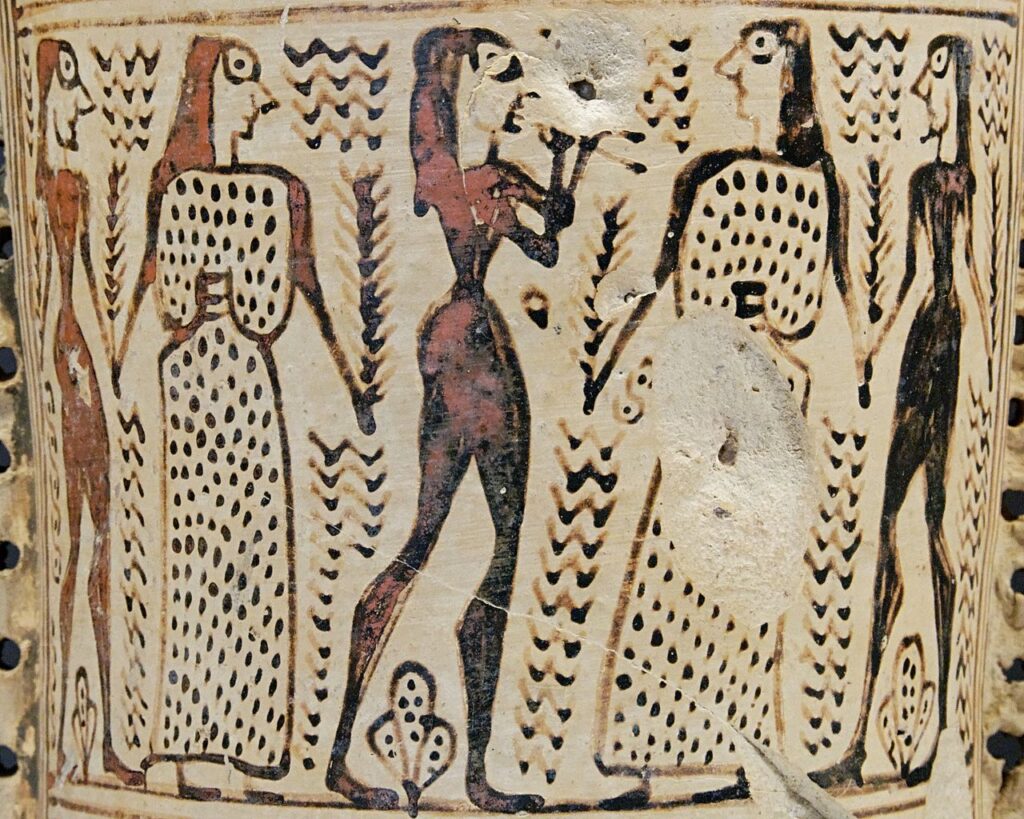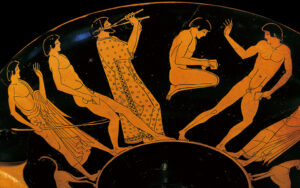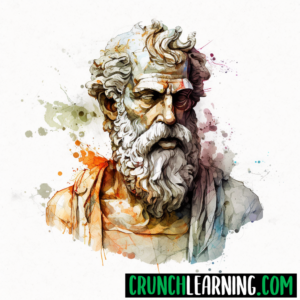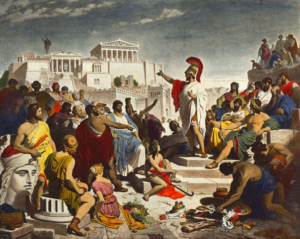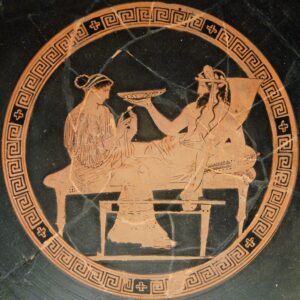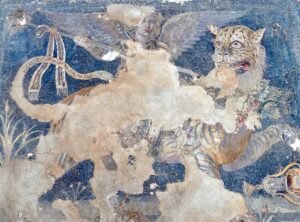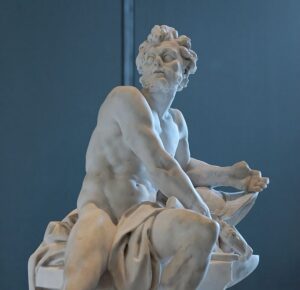Archaic Greece (800-480 BCE) is considered the earliest phase of ancient Greek history, and it marked the emergence of the city-state, as the dominant form of political organization. During this time, the Greeks developed many of the political, cultural, and intellectual institutions that would come to define their society and influence the wider world.
City-States and Archaic Greece
During this era, the city became the center of economic, political, and cultural activity in Greece. The city-states of Athens, Corinth, and Thebes emerged as the most powerful and influential. These city-states were independent, with their own governments and laws, but they shared a common culture, language and religion. The city-state was characterized by a dense population, a defined territory, and a sense of shared identity and purpose among its residents.
Each city-state had its own government and institutions, and was ruled by a small elite class of citizens. The most famous of these city-states were Athens and Sparta, which developed very different forms of government and society and became the leading powers of Greece during the classical period.
Trade and Colonization in Archaic Greece
The Archaic Period of ancient Greece was also a time of great expansion and growth for the Greek world. The Greeks established colonies throughout the Mediterranean and Black Sea regions, and developed a thriving trade network that brought wealth and resources to their homeland.
The growth of trade and commerce also led to the development of new forms of wealth and power, such as mercantile and financial elites, and to the emergence of a new class of wealthy merchants and traders. This, in turn, helped to support the growth of the arts and humanities, as well as the development of new forms of political and social thought.
Culture of Archaic Greece
The Archaic Period of ancient Greece saw significant advances in the arts and humanities, as the Greeks developed new forms of poetry, sculpture, and pottery. These art forms, which often depicted the gods and heroes of Greek mythology, helped to define and express the cultural values and beliefs of the Greek people.
In literature, the Archaic period was marked by the emergence of epic poetry, such as Homer’s Iliad and Odyssey, which told the stories of the Trojan War and the adventures of Odysseus. These poems, which were sung by bards and recited at religious and civic events, helped to preserve and transmit the cultural heritage of the Greeks and influenced the development of Western literature and thought.
Furthermore, Archaic Greece saw the emergence of first Olympic Games, which were held in honor of Zeus.
Finally, Archaic Greece was also a time of great intellectual activity, as the Greeks developed new forms of philosophy and science. In philosophy, the Archaic period saw the emergence of the pre-Socratic philosophers, such as Thales, Anaximander, and Anaximenes, who sought to explain the natural world and human existence without recourse to the gods.
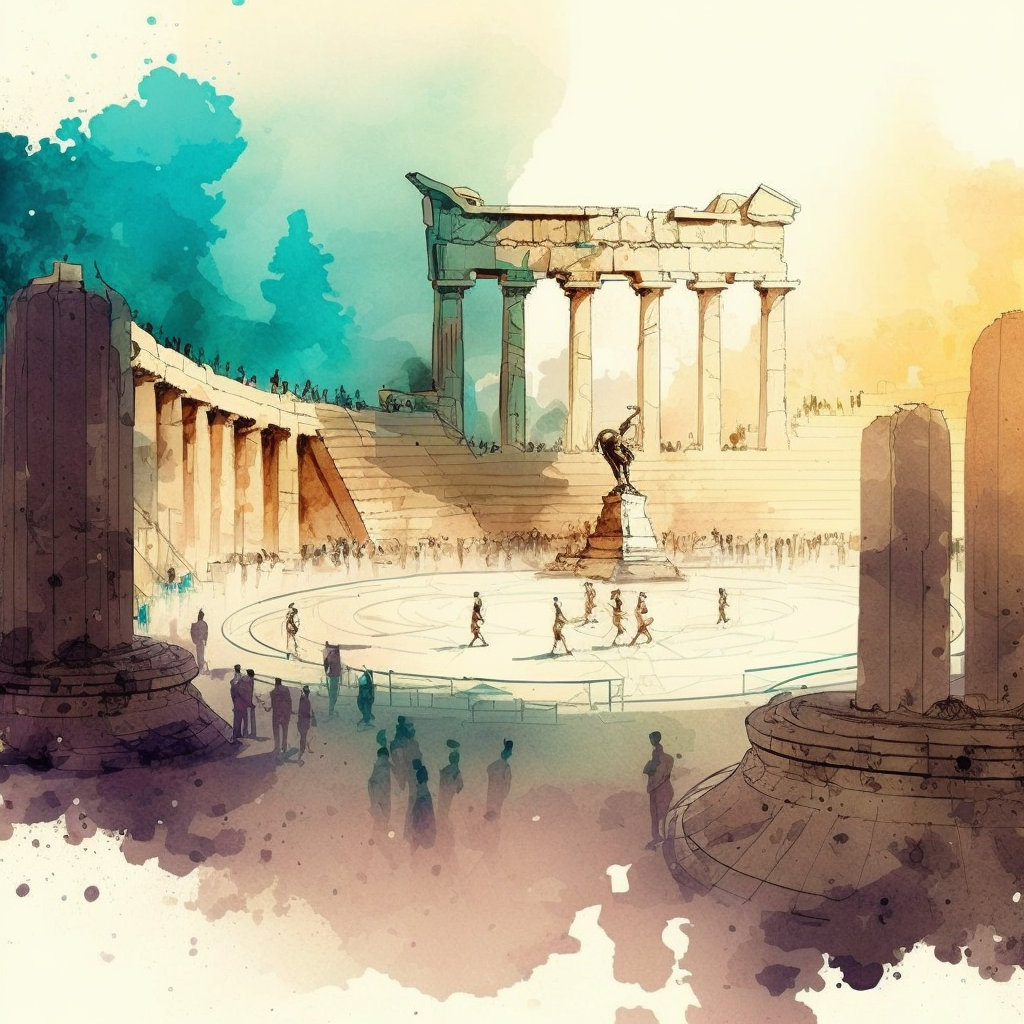
Military Advancements of Archaic Greece
Archaic Greece also saw the rise of the hoplite, a heavily armed citizen-soldier, who played a crucial role in the city-state’s defense. The hoplites organized themselves in a phalanx formation, which was a formidable fighting force. It was a formation in which they stood in rows with their shields overlapping and their spears pointed forward. This formation was designed to protect them and make it difficult for the enemy to break through.
This period also saw the emergence of the first naval power, such as Corinth and Athens, which would become important in the following classical era.
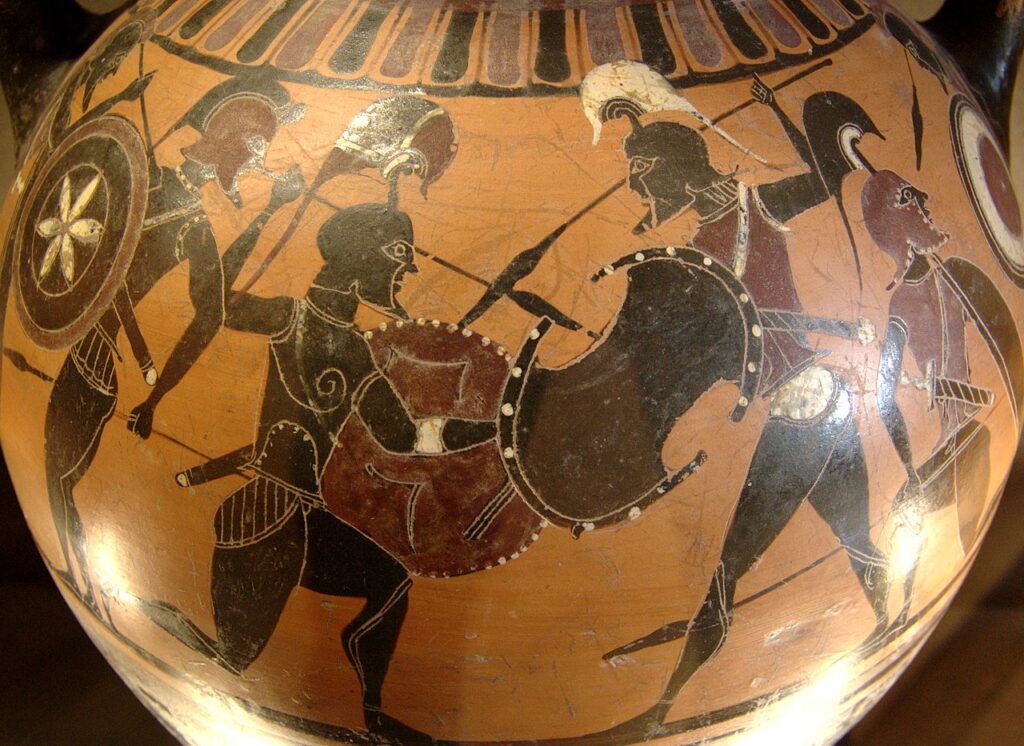
Significance of Archaic Greece
In summary, Archaic Greece (800-480 BCE) is considered the earliest phase of ancient Greek civilization. It marked the emergence of the city-state, or polis, as the dominant form of political organization. The concept of citizenship emerged during this time, and political systems began to evolve. The first democratic government developed in Athens in the late 6th century BCE. This era saw the rise of the hoplite, a heavily armed citizen-soldier, and the emergence of the first naval power. In terms of culture, Archaic Greece saw the emergence of epic poetry, such as Homer’s Iliad and Odyssey and the development of the first Olympic Games, as well as the flourishing of the visual arts.

